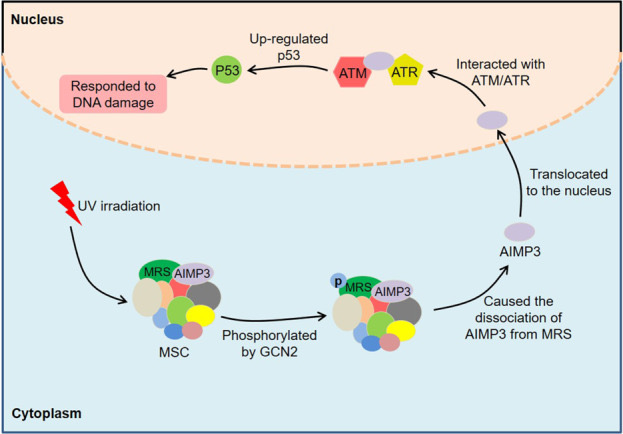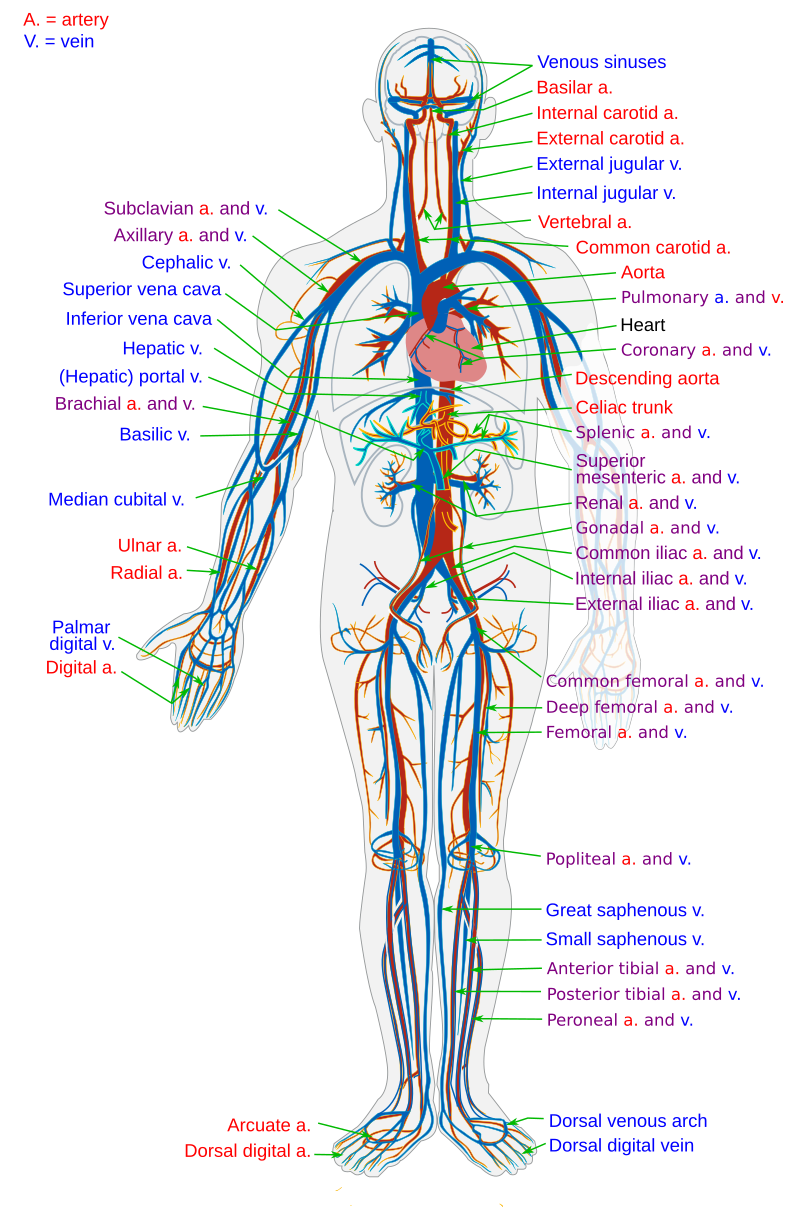Brown University Study Links AIMP3 Protein to Heart Disease Treatment Potential

In a groundbreaking study, researchers at Brown University have identified the protein AIMP3 as a crucial factor in heart function, suggesting its potential as a target for innovative cardiac treatments. The findings, published in the journal Nature Cardiovascular Research on June 25, 2025, reveal that the absence of AIMP3 in heart cells leads to severe health complications, including inflammation, scarring, and ultimately fatal heart failure.
The study's lead author, Dr. Federica Accornero, an associate professor of biochemistry at Brown University, explained that AIMP3 had previously remained unstudied in the context of heart health. "AIMP3 is a protein that had never been studied in the heart and was of unclear function. What we discovered is that cardiac AIMP3 is crucial for survival," Accornero stated. The research team employed advanced gene editing techniques to remove AIMP3 from the heart cells of mice and observed devastating consequences, underscoring its critical role in maintaining cardiac health.
The researchers unveiled that AIMP3 is integral to the activity of another protein, methionyl-tRNA synthetase (MetRS), which is responsible for editing homocysteine—a harmful substance that, when accumulated, induces oxidative stress, damages mitochondria, and ultimately leads to cell death. Dr. Anindhya S. Das, a postdoctoral research associate involved in the study, emphasized that this novel understanding of AIMP3’s function could pave the way for new therapeutic strategies aimed at heart diseases associated with homocysteine buildup.
"Overall, we uncovered a unique role of AIMP3 in maintaining the editing activity of MetRS and its essential role in heart function and survival," Das noted. The implications of this research are profound, as cardiovascular disease remains the leading cause of death globally. According to the World Health Organization, approximately 17.9 million people die each year from cardiovascular diseases, highlighting the urgent need for effective treatments.
Further research is being conducted by the team to explore whether increasing levels of AIMP3 in cardiac tissues can enhance the heart's resilience against stress. This line of inquiry is particularly significant given the limitations of current heart repair strategies, as Accornero pointed out: "The heart is a critical system to study, because there isn't really an effective strategy to repair injury. So the maintenance of the health of these cardiac cells is a really critical point."
The study builds on previous research that has established connections between protein synthesis and cardiovascular health. A 2024 study published in the Journal of Molecular Cell Biology highlighted similar mechanisms involving protein misfolding in cardiac diseases, reinforcing the significance of this new discovery on AIMP3. As the research progresses, the potential for developing preventative treatments for heart disease based on AIMP3’s functions continues to gain momentum, offering hope in a field that has long struggled with therapeutic innovation.
In conclusion, the discovery of AIMP3's role in heart cell survival and its involvement in mitigating the harmful effects of homocysteine represents a promising frontier in cardiac research. Future studies will be vital in determining how these insights can translate into actionable therapies, potentially improving outcomes for millions affected by heart disease worldwide.
Advertisement
Tags
Advertisement





